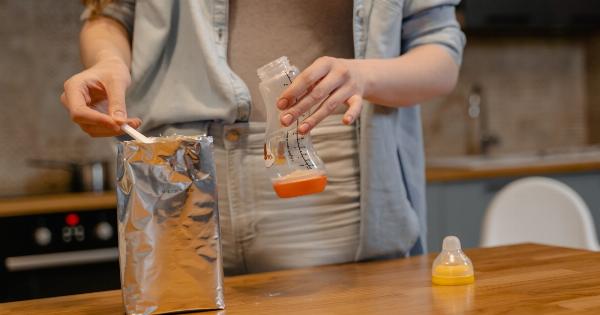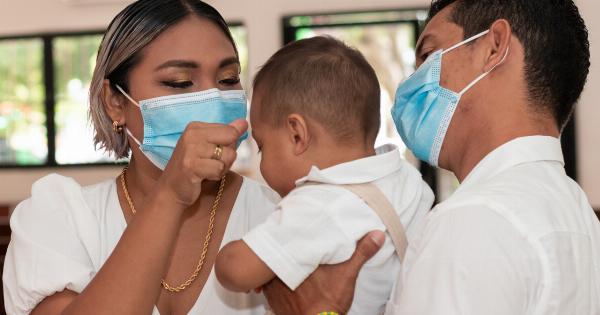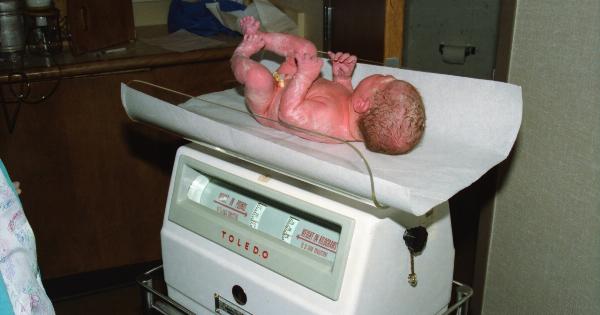Pregnancy is a beautiful and life-changing experience that every woman wishes to go through. Carrying a baby inside you for nine months is a unique experience that requires care, attention, and patience.
It is an exciting journey that starts with the discovery that you are expecting a baby and ends with the delivery of your little one, finally welcoming them into the world.
During pregnancy, the female body goes through significant changes each week to accommodate the growing fetus. From the first day of missing your period, the journey of pregnancy begins and lasts about 40 weeks.
This article presents a week-by-week guide on pregnancy development, what to expect, and how to care for yourself and your baby.
Week 1 – 4
During these weeks, you may not realize you are pregnant yet because these weeks fall before your first missed period. Week 1 is the start of your menstrual cycle, and week 4 is when your estimated date of delivery will be calculated.
This period is vital to the baby’s development because this is when the conception occurs. Your body prepares for pregnancy.
Week 5 – 8
During these weeks, the baby’s growth and development are critical. The baby’s eyes, ears, nose, mouth, and brain are given shape, and the heart starts pumping blood. At this stage, the baby is about the size of a kidney bean.
You may experience morning sickness, fatigue, food aversions, and mood swings. It is essential to rest, eat healthily, and take prenatal vitamins.
Week 9 – 12
At this point, the baby’s organs and tissues develop further, and the bones begin to harden. The baby is approximately two inches long. You will begin to feel less fatigue and morning sickness and may experience a surge in energy levels.
However, you may notice an increase in vaginal discharge, which is normal during pregnancy.
Week 13 – 16
This period marks the end of the first trimester, the baby’s body starts growing longer, and their movements can be felt for the first time. The baby’s heartbeat is strong, and their genitals develop enough to identify the baby’s gender.
At this point, you will go for your second trimester scan, which will check your baby’s size, development, and overall health.
Week 17 – 20
The baby’s development continues in fantastic ways. Hair begins to grow on the baby’s head, and the baby stretches their limbs and fingers. The baby’s movements become more prominent and more regular and can be felt by the mother.
During this stage, the baby’s hearing develops, and they can recognize their mother’s voice.
Week 21 – 24
The baby’s growth during this period is rapid, and it is essential to ensure that you take in sufficient nutrients for the baby’s growth. The baby can now breathe and swallow. During this time, the baby’s eyes also begin to open.
Your doctor may recommend a gestational diabetes screening test at around week 24 to check for high blood sugar levels.
Week 25 – 28
The baby’s movements are more determined, and their senses are developing fast. The baby gets sensitive to light, and their body can control its temperature. The baby has even more active brain development, and you may feel kicks more frequently.
This is the last trimester, and you are advised to prepare for birth by attending prenatal classes and practicing breathing exercises.
Week 29 – 32
During this period, the baby’s bones continue to harden, and the baby is gaining more weight. You may experience more back pains, and it is essential to be cautious when sleeping as the baby grows bigger.
You should note the baby’s movements to ensure the baby is active. Moreover, take regular scans and health check-ups to intervene if necessary and ensure the baby’s health.
Week 33 – 36
As the expected date of birth grows closer, the baby’s development slows down, and they are perfectly formed. Your body is entirely different from what you started with.
The baby has a fully developed immune system, meaning they are in a better position to fight against infections. At the same time, your body is preparing for labor, and your cervix may start to dilate.
Week 37 – 40
During these weeks, your baby is considered full-term, and you may give birth anytime. The baby is about seven pounds, and their organs are fully developed, and your uterus is ready to deliver your child naturally.
It is recommended to ensure your hospital bag is ready, and you have your birthing plan written down. Ensure to take a lot of rest, eat healthily and stay hydrated.
Conclusion
Pregnancy is an exciting journey that requires patience, attention, and care. Every week, the baby’s development is unique, and as a mom-to-be, various preparations are necessary for welcoming your little one.
By following this week-by-week guide, you can monitor your baby’s growth, take care of your health, and ensure your baby’s safe arrival into the world.





























